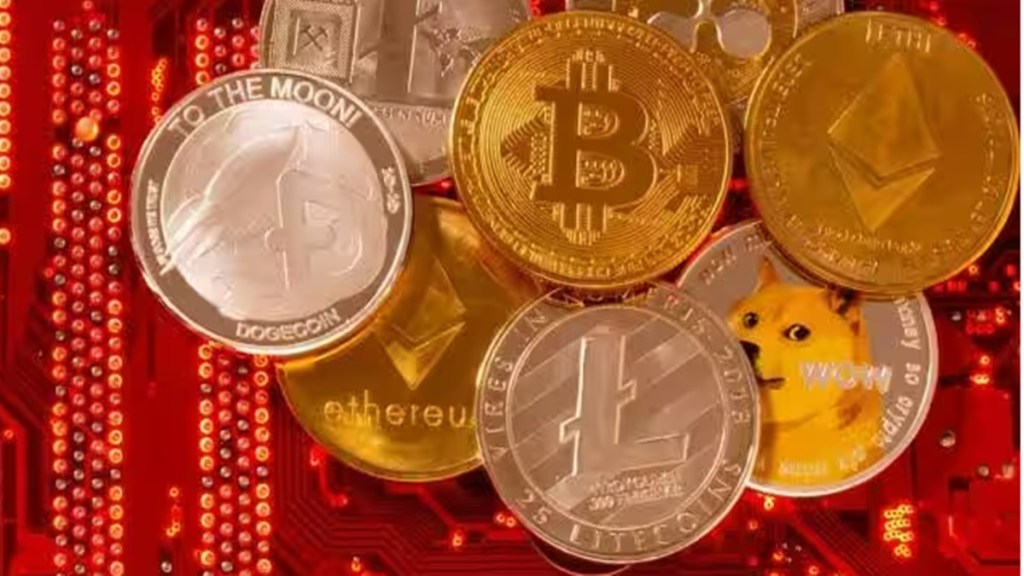The G20 leaders have displayed pragmatism and foresight as they resolved not to lose sight of the potential of crypto assets to be a source of systemic risk to closely-regulated, mainstream financial markets, and at once endorsed the IMF-FSB view that a blanket ban on them would be ill-advised and hard to enforce. Guarding against the persistence of regulatory arbitrage, the G20, via the Delhi Declaration, has urged the Financial Stability Board to ensure implementation of globally coordinated crypto regulations. The leaders also called for swift implementation of the Crypto-Asset Reporting Framework, and a coordinated timeline for different jurisdictions to commence crypto exchanges. Essentially, they want all jurisdictions to accept a baseline for regulation and oversight of these assets, while holding their autonomous policy space. Also, it is now clearer that none of the G20 members would accord legal tender status to cryptocurrency.
Cryptos as decentralised digital assets are indeed capable of being misused, and they have already been. That, however, won’t cause them to lose their lure or undermine their utility as a convenient safe haven for investors. This is mainly because orderly behaviour of regulated assets is not guaranteed—just as now, macro risks would weigh heavily on them. Cryptos are likely to stick and thrive, despite recent setbacks. This applies to not only stablecoins that are backed by the central banks and attached to fiat currency, but also to some among those outside the formalised systems that tend to be volatile (like bitcoins). Last year saw bitcoin holders suffering heavy losses and the collapse of the prominent FTX exchange. However, by early 2023, a resurgence got under way. Analysts expect bitcoin price to continue climbing in the short term as the Federal Reserve moves away from monetary tightening. That said, to regulate crypto assets is also to implicitly legitimise them. While the regulators and institutions concerned are required to vigilantly assess the larger systemic risks and respond with agility, investors in these assets could still not expect compensatory reliefs.
With many countries still formulating policies and making laws with regard to crypto assets, the G20 directions are likely to help speed up and fine-tune the process. Despite a debate that raged for a while, India has neither legalised cryptos, nor imposed penalties on those who deal in them. Amidst this ambiguity, Budget 2022 imposed a 30% tax on all crypto investments, besides a 1% TDS on crypto trade. Of course, the Reserve Bank of India has been vocal about the risks inherent in this new asset class, with Governor Shaktikanta Das seeking to impose a ban on them. In fact, by an April 2018 circular, RBI attempted to restrict access to banking facilities for crypto exchanges, which was overturned by the Supreme Court in 2020. The concerted push to the digital currency floated by the RBI signals policymakers’ intent to develop it as alternative for cryptos that are now in the unregulated space.
However, while the official digital currency might gain some traction, other cryptos could co-exist with it given their decentralised nature and impunity to macro developments. It is also plausible for currencies based on blockchain technology to assail the dollar’s entrenched dominance as the medium of global payment settlements. That holds great prospect for emerging economies like India, which, finally, are making serious efforts to promote cross-border trade settlements in their own currencies to counter the dollar’s pre-eminence and address the uneven global financial equations.

